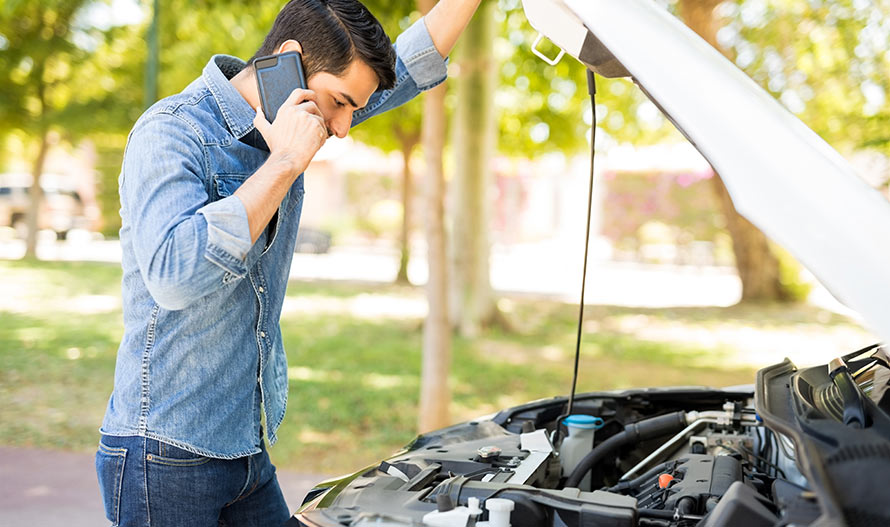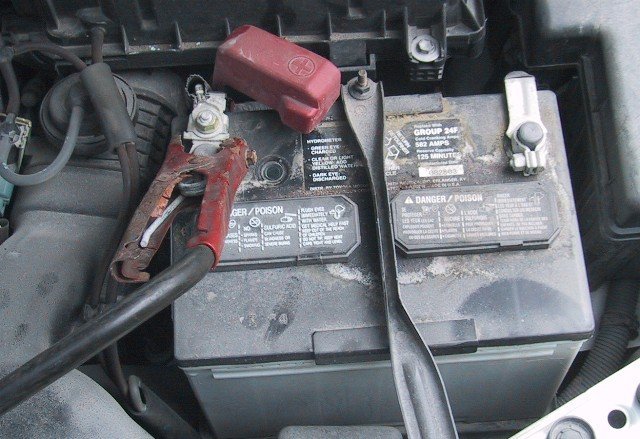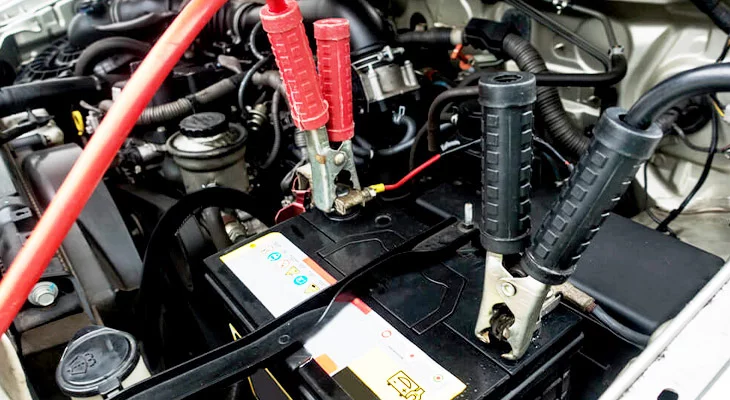Introduction
A car battery is the heart of your vehicle’s electrical system. It powers everything from the ignition system to your lights and radio. When it dies repeatedly, it can be both frustrating and concerning. A one-time battery failure is common, especially in cold weather—but if it happens regularly, it’s a red flag that something deeper is wrong.In this article, we’ll explore the top reasons why car batteries keep dying, how to identify the root cause, and what you can do to fix or prevent it.

You’re Leaving Something On
Headlights or interior dome lights left on overnight
Phone chargers or dash cams plugged in
Glovebox or trunk lights that don’t turn off properly
Even small electrical devices can drain your battery over several hours. Most modern vehicles alert you when lights are left on, but older cars may not.Do a quick walkaround to check all lights when you exit your vehicle.
Battery Is Old and Worn Out
Car batteries typically last 3 to 5 years, depending on usage and climate. As batteries age, their ability to hold a charge diminishes. Even if you jump-start it successfully, it may not recharge well.
Signs of an aging battery:
Slow engine crank
Dim headlights
Swollen or leaking battery case
White or green corrosion around terminals
Have your battery tested yearly after its third birthday, especially before winter.
Extreme Temperatures
Both cold winters and hot summers can take a toll on battery life:
Cold weather thickens engine oil, making it harder for the battery to crank the engine.
Heat accelerates chemical reactions that degrade the battery from within.
Park in a garage when possible, and consider using a battery blanket in very cold climates.
Corroded or Loose Battery Connections
Corroded terminals or loose cables can interrupt the flow of electricity, making it seem like your battery is dead—even if it’s fully charged.
What to check:
White/blue powder on terminals (corrosion)
Loose or dirty cable connections
Clean terminals with a wire brush and baking soda solution. Ensure all connections are tight and secure.
Faulty Charging System (Alternator Issues)
The alternator recharges your battery while the engine is running. If it fails, the battery will drain until it’s empty—even if the battery itself is new.
Symptoms of a bad alternator:
Battery warning light on dashboard
Dimming lights while driving
Electrical components cutting out (radio, power windows)
Have your charging system tested at an auto repair shop or parts store.
Parasitic Drain
Parasitic drain happens when electrical components keep drawing power even after the car is turned off.
Common causes:
Malfunctioning relays
Faulty alarm systems
Aftermarket stereos or accessories
Short circuits
Even a small drain can kill the battery overnight.A mechanic can perform a “parasitic draw test” using a multimeter to pinpoint the issue.
You Don’t Drive the Car Enough
Surprisingly, not driving your car can harm the battery. If your vehicle sits for days or weeks at a time, the battery slowly discharges.Modern vehicles have many background systems—like anti-theft devices and onboard computers—that use power even when parked.Drive your car for at least 15–20 minutes a couple of times a week. Or, use a battery maintainer (trickle charger) if your car stays parked for long periods.
Frequent Short Trips
If you only take short drives (e.g., under 10 minutes), the alternator may not have enough time to fully recharge the battery after each start.Over time, this causes the battery to slowly weaken and die.Occasionally take longer drives to allow the battery to charge properly.
Bad Battery Installation or Wrong Type
Installing the wrong size or poorly fitting battery can cause vibrations and loose connections, damaging both the battery and the vehicle’s electrical system.Also, a battery with lower cold-cranking amps (CCA) than recommended may not perform well in winter.Always use a battery that matches your car’s specifications. Check the owner’s manual or ask a mechanic.
Failing Electrical Components
Sometimes, dying batteries are a symptom of deeper electrical issues. This can include:
A faulty starter motor
Damaged wiring harness
Malfunctioning control modules
If you’ve ruled out battery and alternator problems, ask a qualified technician to inspect your vehicle’s electrical system.

How to Prevent Your Battery from Dying
Turn off all lights and electronics before leaving your car.
Regularly inspect and clean battery terminals.
Test your battery and alternator annually.
Drive your vehicle regularly or use a battery maintainer.
Don’t ignore warning lights or slow starts.
When to Replace Your Battery
You should consider replacing your battery if:It’s older than 3–5 years.
It requires frequent jump-starts.
It doesn’t hold a charge

